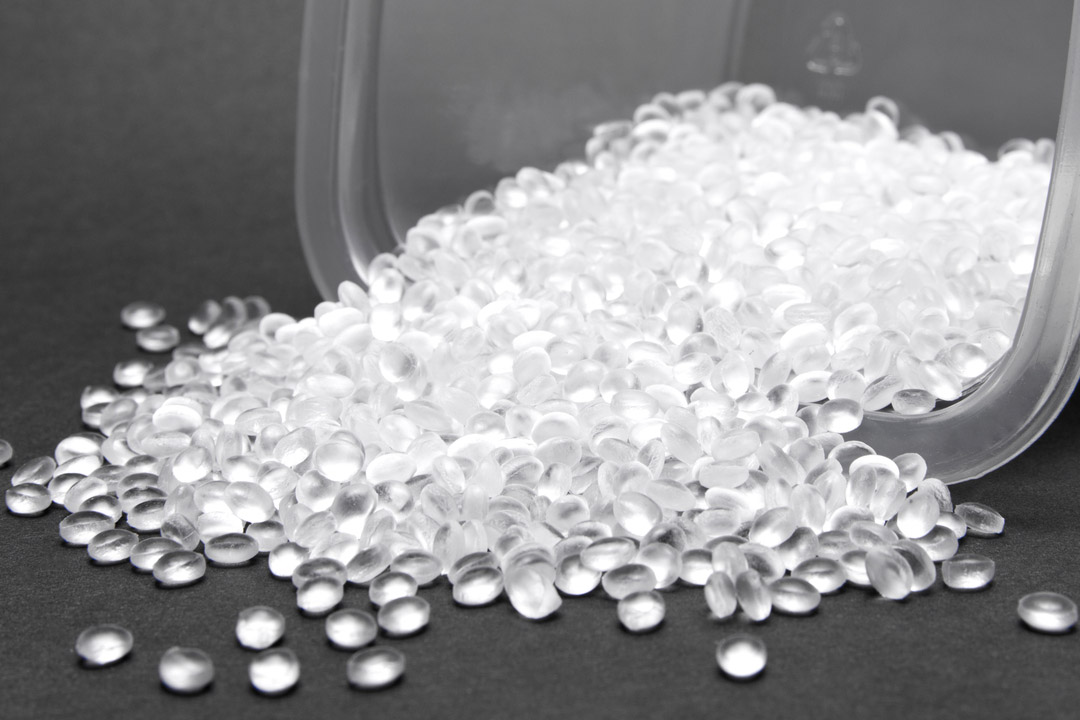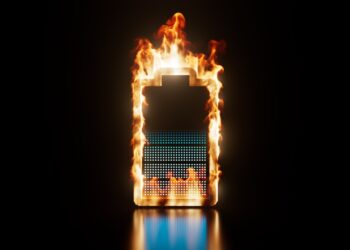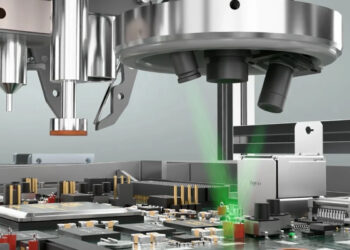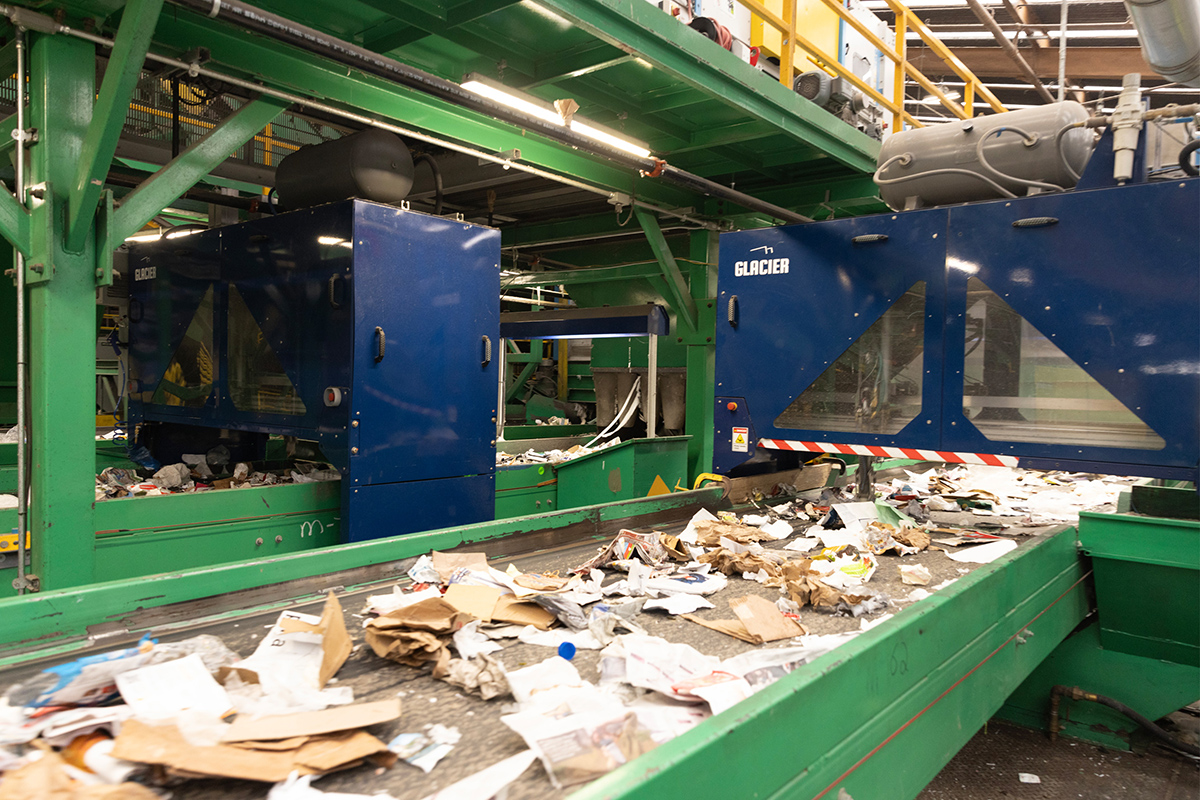In recent months, more than a dozen plastics recycling processes have received the greenlight for use in food and drink packaging production.
The letters of no objection (LNOs) issued by the U.S. Food and Drug Administration (FDA) allow their recipients to begin marketing their recycled resin for use in food and drink packaging, subject to any limitations spelled out by the FDA.
In issuing the letters, the FDA was convinced the recycling processes would result in contaminant concentrations of 0.5 parts per billion or less in the food, below its “threshold of regulatory concern.”
During the first half of the year, the FDA awarded 15 letters to a dozen companies in North America, Asia and Europe. All but two – those awarded to Eastman – cover mechanical recycling processes.
Plastics Recycling Update publishes a roundup of LNOs twice each year. The last roundup, which was published in March 2023, covered letters issued through the second half of 2022. The federal database of all FDA LNOs is available here.
The following are summaries of LNOs issued during the first half of 2023, starting with the most recent letters:
On June 9, Mexican reclaimer Integradora DRG (Disposal Recycling Group) received three different letters, covering the recycling of HDPE, LDPE and PP. In all three cases, the letters greenlight the recycling of the post-consumer resin (PCR) produced by the company’s technology into packaging used for raw fruits, vegetables, shell eggs and other foods, as long as the scrap supply consists of rigid food packaging. Additionally, the letters allow the recycled-content packaging to be used at a fairly narrow range of temperatures, from as cold as frozen to as warm as room temperature.
On June 6, Chinese recycling company Guolong Plastic Chemical Co. received an LNO to recycle PP food and beverage scrap into a couple of different types of packaging. First, the letter allows the PCR to be used in single-layer trays, containers, crates and clamshells for holding raw fruits, vegetables and shell eggs. Those packages could be exposed to temperatures as cold as freezing and as high as room temperature.
Second, the letter allows Guolong Plastic Chemical Co. to use its PCR in single-serve articles such as disposable tableware, cutlery, trays, caps and lids. For those, the temperature limitations are the same: as cold as frozen and warm as room temperature.
On May 25, 3 Rivers Plastics, a McGehee, Ark.-based film reclaimer, received an LNO to recycle LLDPE for use in new food packaging films. The source scrap needed to have been suitable for food contact, and the resulting PCR can be used in film exposed to temperatures as cold as freezing and as hot as room temperature.
German recycling equipment provider Gneuss Kunststofftechnik received a letter from the FDA on May 9 that covers the recycling of rigid PS food and drink packaging into new packaging. The letter allows the PCR packages to be exposed to a fairly wide range of temperatures, from as cold as freezing to as hot as over 150 degrees during hot filling or pasteurization.
Thai plastics reclaimer Jiu Long Thai Co. received an LNO on May 8 allowing the company to recycle HDPE or PP into a few different product types, as long as the scrap comes from food-contact packaging. First, the LNO covers the use of the resulting PCR in single-layer trays, containers, crates and clamshells for holding raw fruits, veggies and shell eggs. In this case, the allowed temperatures range from freezing to room temperature.
Second, the letter allows the PCR to be used in packaging for dry dietary supplements, grocery store bags, and secondary and tertiary packaging films. In all cases, the allowed temperatures the PCR packaging can be exposed to range from frozen to room temperature.
Lastly, the letter covers the recycling of the HDPE or PP into non-food-contact layers in multilayer packaging that can be used with all food types. The PCR is not subject to any temperature use restrictions when used behind an effective barrier.
Eastman Chemical received a couple of LNOs for the company’s PET depolymerization technology, which the company is using or planning to use at its Kingsport, Tenn. headquarters location, at a planned plant in France and at a planned facility elsewhere in the U.S. Eastman received a letter on April 24 that covered the use of the ethylene glycol (EG) produced through its technology. The letter allows EG to be used as a monomer in the manufacture of PET and other polyesters authorized to come into contact with food, with no packaging temperature limitations noted.
Earlier, on March 10, the FDA gave Eastman an LNO to use the dimethyl terephthalate (DMT) produced through its depolymerization technology in new PET. That letter also had no use limitations for the recycled-content PET.
On April 5, Indian company Aero Fibre received a letter to recycle PET bottles into single-layer clamshells and containers that hold raw fruits, veggies and shell eggs, with allowed temperatures ranging from frozen up to room temperature.
Missouri-based reclaimer St. Joseph Plastics on March 31 received an LNO covering the recycling of food-packaging PP scrap into new packaging. The letter allows the PCR-content packaging to be used for dry solid foods (with no free fats or oil), and the package can be exposed to temperatures ranging from freezing up to room temperature.
Chinese company Kingfa Sci & Tech. Co. received an LNO on Feb. 17 covering the recycling of PP food packaging scrap into new food packaging. In this case, the PCR could be exposed to a pretty wide range of temperatures, from as cold as freezing to as hot as over 150 degrees during hot filling or pasteurization processes.
On Feb. 17, Chinese equipment provider Zhejiang Boretech Environmental Engineering Company received a letter to recycle PET into food and drink packaging, with the allowable temperatures ranging from frozen up to over 150 degrees during hot filling or pasteurization processes.
On Feb. 15, Taiwanese company Da Fon Environmental Technology Co. received a letter to recycle HDPE food packaging back into new food and drink packaging for dry solid foods (with no free fats or oils). In this case, the allowed temperatures the PCR packaging could be exposed to range from frozen up to room temperature.
Lastly, Sheng-Zhan Greentech Corp. of Taiwan received a letter on Feb. 7 to recycle PET food containers into single-layer clamshells and containers holding raw fruits, vegetables and shell eggs. The allowed temperatures range from frozen up to room temperature.






























